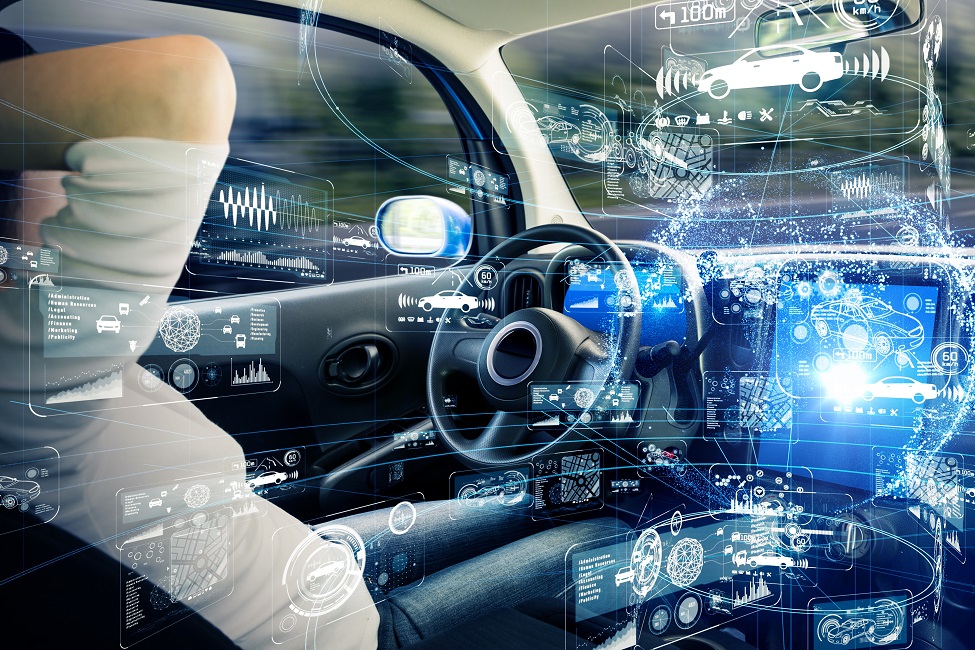
AI-Fueled Advancements in Self-Driving CarsAI-Fueled Advancements in Self-Driving Cars Artificial Intelligence (AI) is revolutionizing the automotive industry, particularly in the realm of self-driving cars. AI-powered advancements are propelling the development of autonomous vehicles, offering transformative possibilities for mobility, safety, and efficiency. Computer Vision and Object Detection AI empowers self-driving cars with the ability to “see” and interpret their surroundings through computer vision. Machine learning algorithms train neural networks on vast datasets of images and video, enabling vehicles to recognize and classify objects in real-time, such as pedestrians, vehicles, traffic signs, and road markings. Lidar and Radar for Depth Perception Lidar and radar sensors emit pulses of light or radio waves to map the environment in three dimensions. These sensors provide precise measurements of distance and depth, creating a comprehensive understanding of the vehicle’s surroundings and enabling accurate navigation. Decision-Making and Path Planning AI algorithms analyze the data collected from computer vision and sensors to make informed decisions about driving. These algorithms consider factors such as traffic conditions, obstacles, and road rules to determine the optimal path and steering actions. Natural Language Processing for Voice Commands Natural language processing (NLP) enables self-driving cars to understand and respond to voice commands. Passengers can interact with the vehicle’s AI system to set destinations, adjust settings, or request information, ensuring a convenient and hands-free experience. Advantages of AI for Self-Driving Cars * Improved safety: AI algorithms continuously monitor the environment, reducing the risk of accidents by detecting potential hazards and responding appropriately. * Enhanced efficiency: Autonomous vehicles can optimize speed and braking, reducing fuel consumption and minimizing traffic congestion. * Increased accessibility: Self-driving cars can empower individuals with disabilities or mobility challenges by providing safe and convenient transportation options. * Economic benefits: The widespread adoption of self-driving cars could create new industries and jobs, stimulating economic growth. Challenges and Future Directions While AI has made significant advancements in self-driving cars, challenges remain. These include ensuring the reliability and safety of AI systems, addressing ethical considerations, and developing comprehensive regulations for autonomous vehicles. Future research directions involve further refinement of AI algorithms, integration of advanced sensors, and the development of autonomous driving systems capable of handling complex and unpredictable situations. Conclusion AI-fueled advancements are driving the development of self-driving cars, offering the potential for transformative improvements in mobility, safety, and efficiency. As research and development continue, AI will play an increasingly vital role in shaping the future of autonomous vehicles and redefining our relationship with transportation.
Posted inNews